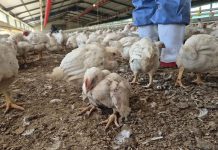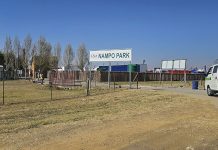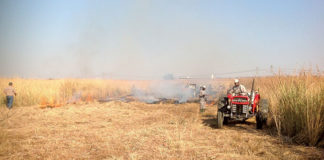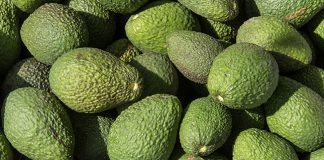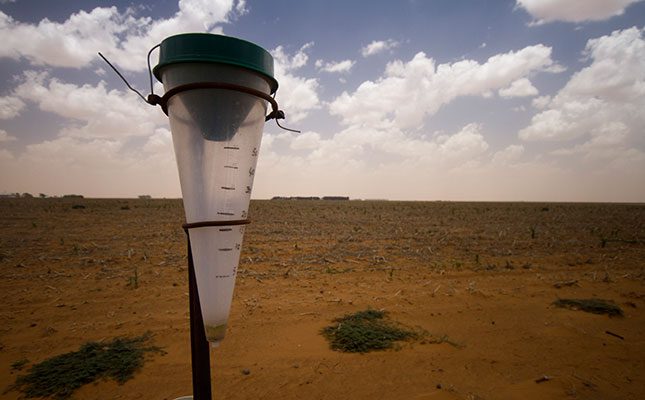
Various speakers at the Western Cape Department of Agriculture’s Climate Change and Agriculture Youth Summit highlighted that climate change would increase the intensity and frequency of extreme weather incidents in South Africa.
Gerhard Otto, Garden Route disaster management chief, said that mean annual temperatures in the district were projected to increase by 1°C to 2°C by 2060, with the rise expected to be higher in areas further from the coast.
In Oudtshoorn and Kannaland, mean daily minimum temperatures are expected to change by as much as 2,7°C, and the number of days exceeding 30°C to range to as many as 30.
Otto said that annual rainfall had remained relatively the same along the Garden Route over the long term, but the rain was falling over shorter periods. Increased evaporation was also impacting dam levels, resulting in dams running drier earlier in the season.
“Climate change will have a huge impact on agriculture. The region has a climate change adaptation strategy that is currently being reviewed, and includes various projects to mitigate climate change related risks, but farmers will also have to adapt to reduce their risks,” Otto said.
Jacqui Pandaram, chief director of the Western Cape Department of Agriculture, gave an overview of various climate-related disasters that occurred in South Africa over the past few years. She said one of the biggest challenges was that people ignored early warnings and generally underestimated the dangers associated with these threats.
She pointed out that 448 people lost their lives and 54 people went missing during the KwaZulu-Natal floods of 2022. Along with this, 6 278 people were displaced, and some areas were without water for more than nine months.
She said that climate change was real, and it affected everybody and was everybody’s business: “We cannot wait on others. Everyone must make a difference where they are. Even if it is just by sharing early warnings or raising awareness.”
Dr Dirk Troskie, director of Business Planning and Strategy at the Western Cape Department of Agriculture, said that climate change was only one of the major threats facing agriculture.
He identified the Fourth Industrial Revolution, and specifically the development of cell-based meat and smart material, as two major threats for arid areas such as the Central Karoo, Klein Karoo, Tankwa Karoo and northern parts of the West Coast.
“Arid regions are highly dependent on livestock production for the meat and fibre markets. Farmers will have to think of ways to remain relevant despite these market changes,” he said.
To reduce their risks, he said farmers would need to farm with nature, diversify their income streams, become more adaptable, and pay more attention to the value of space, for instance developing ecotourism opportunities.
While there are predictions that most meat will be cell-based from the 2030s, Troskie said there would still be people who prefer traditional meat: “The trick will be to capture this market by diversifying your product from others that are available. This is where geographic indicators, and the name Karoo, might become more valuable.”
He said producers could not afford to ignore the Fourth Industrial Revolution: “Farmers need to adopt technology responsibly, as many of the solutions can allow you to farm more efficiently and environmentally responsibly. Failure to do so will negatively impact our international competitiveness and result in market losses. This, in turn, will result in job and income losses, and drive local food prices up.”




